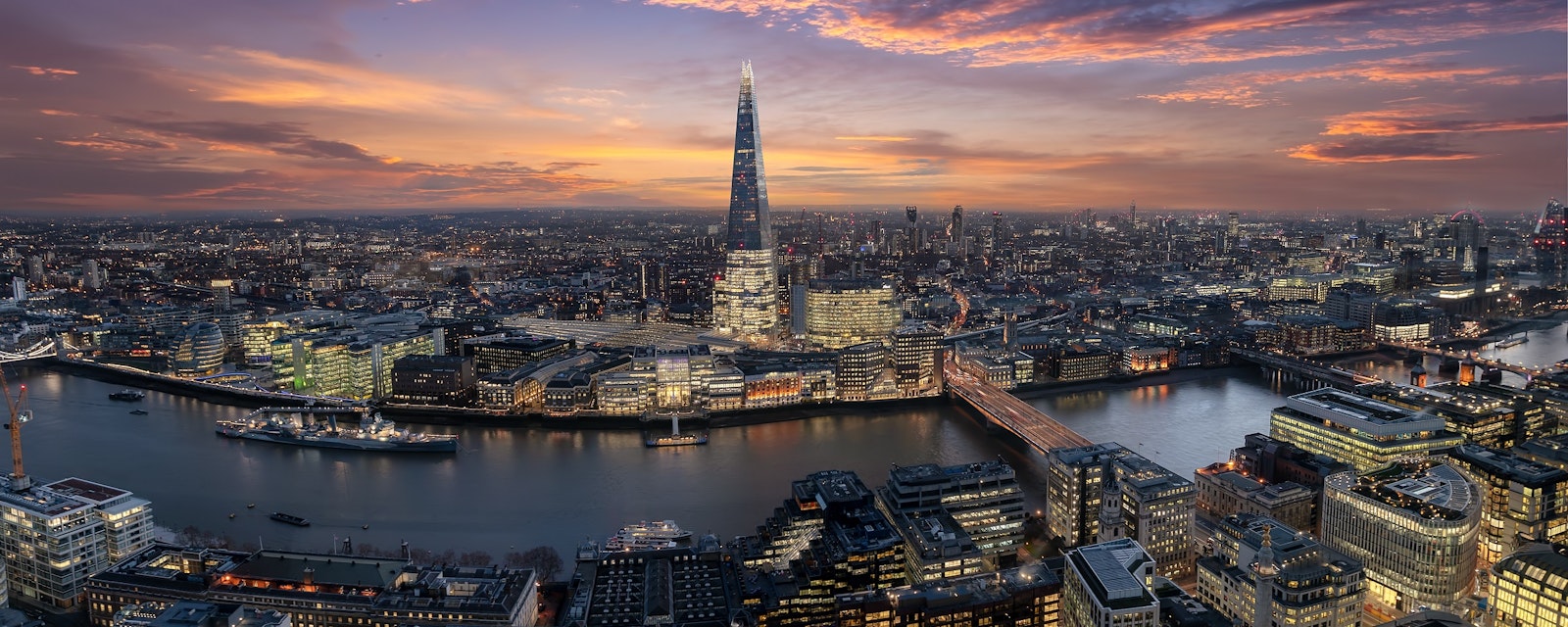Below please find key take-outs from our December 10th panel with Philip Aldrick, Economics Editor of The Times; Ursula Burns, Teneo Senior Advisor, former Chairman and CEO of VEON and former Chairman and CEO of Xerox; Wolfango Piccoli, Co-President of Teneo's Political Risk Advisory group; Amber Rudd, Teneo Senior Adviser and former Home Secretary; and chaired by Principal of Teneo’s Situations and Politics practice and former Downing Street Director of Politics and Communications, Craig Oliver.
Key Takeaways
- The year business stepped up: Bucking a long running trend, business seems to have had a stellar year, both in terms of performance in response to the pandemic and its role in society. With notable exceptions - travel, hospitality, leisure etc – most businesses have actually pulled through the pandemic thanks to unprecedented government support and the rapid transformation of their business supply chains. Businesses have also become effective and passionate advocates for social change. Whether on climate change, equality and poverty, businesses have taken a lead and filled the gap left by government as they focus on the pandemic response. The key question is as to whether this is a lasting change, or as one panelist put it, a moment or a movement?
- There is no money left: Whilst the markets have experienced a stellar recovery, the underlying economic indicators remain bleak. In the UK, GDP has fallen by 25% reflecting the worst recession since the Great Frost of 1709, unemployment is set to rise, and inflation could be on the horizon. With little room for a monetary response, governments will need to lean on significant fiscal investments. However, to quote Liam Byrne, there is no money left. This problem is particularly acute in the UK, where we have a Prime Minister who is pro-spending and a Chancellor who is a fiscal hawk. This makes a pandemic windfall tax more likely in 2021 as a way of raising funds, without long term changes to taxation policy.
- Cause for optimism: 2020 has taken a huge toll on people, communities and business, with hundreds of thousands losing loved ones to the virus. However, there has also been meaningful cause for optimism. More countries and companies have committed to net zero targets, younger people have stood up for racial equality and science has made major advancements in search of a vaccine and understanding protein cells. Perhaps most importantly, we have seen the incredible capacity for human resilience in the face of a once in a generation pandemic.
- The drivers of success in 2021: As we look ahead to next year, our outlook as a society will depend on key drivers determined by this year. Both people and businesses have ‘dry powder’ or capacity for investment in 2021 as a result of a wait and see approach. If confidence rises, both groups could help spur a recovery. This confidence will depend on the successful roll out of the Covid-19 vaccine and strong political leadership. Joe Biden’s election – promising a more coordinated response to Covid-19 and substantial action on climate change - could galvanise this. The other key question is whether the Covid-19 recovery will unite or divide society. The panel largely agreed that whilst 2020 had a been a hugely difficult year, long-term positive change is possible.
The views and opinions in these articles are solely of the authors and do not necessarily reflect those of Teneo. They are offered to stimulate thought and discussion and not as legal, financial, accounting, tax or other professional advice or counsel.




